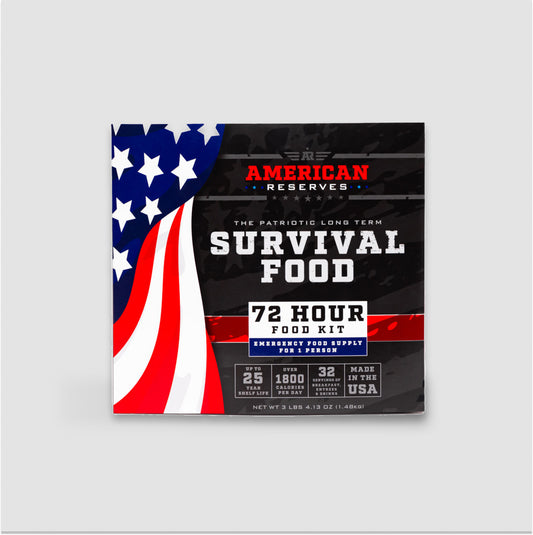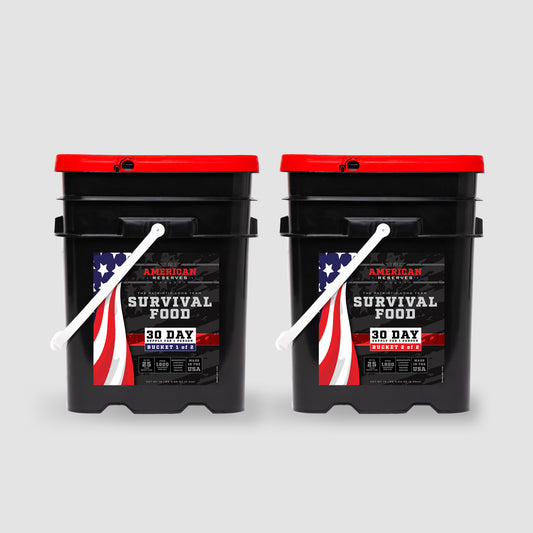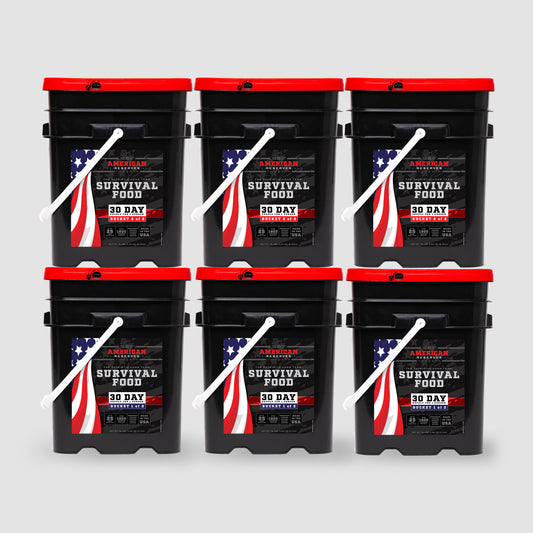
How Long Can Frozen Food Stay In Car: Car Food Storage
For road trip enthusiasts and urban commuters alike, transporting frozen food safely is a common concern. Whether you're embarking on a long journey or simply navigating city traffic, knowing how long your frozen items can withstand varying temperatures in the car is vital. This guide offers expert advice and innovative storage solutions to keep your food safe, reduce waste, and enhance your travel experience, ensuring that your meals are as adventurous as your travels.
Why Is It Important To Understand How Long Frozen Food Can Last In a Car?
Understanding how long frozen food can last in a car is crucial for maintaining food safety and quality, which directly impacts your health and budget. When frozen foods are exposed to fluctuating temperatures, they can begin to thaw, leading to potential bacterial growth and spoilage. This not only poses a health risk but also results in wasted groceries and money. By knowing the safe duration for keeping frozen items in your car, you can plan your errands more effectively, ensuring that your food remains fresh and safe to consume. Additionally, this knowledge empowers you to make informed decisions about storage solutions, such as using insulated bags or coolers, to extend the safe period for your frozen goods.
How Long Can Frozen Food Stay In Car?
The duration that frozen food can safely remain in a car largely depends on the external temperature and the conditions within the vehicle. In cooler weather, frozen items may last up to two hours without significant thawing, while in warmer climates, this time can reduce drastically to less than an hour. To ensure safety, it's advisable to use insulated bags or coolers with ice packs, which can extend the safe period by maintaining a lower temperature. Monitoring the time and temperature is essential, as prolonged exposure to heat can lead to thawing and potential bacterial growth, compromising the food's safety and quality.
What Type Of Storage Solutions Are There For Maintaining Cold Temperatures?
Insulated Cooler Bags
Insulated cooler bags are a convenient and portable solution for maintaining cold temperatures during short trips. These bags are designed with thermal insulation that helps retain the cold air, keeping your frozen food items chilled for extended periods. They are lightweight, easy to carry, and come in various sizes to accommodate different quantities of groceries. For optimal performance, it's recommended to pre-chill the bag and use ice packs to enhance its cooling capability, ensuring your frozen goods remain at a safe temperature.
Hard-Sided Coolers
Hard-sided coolers offer robust and reliable storage for maintaining cold temperatures, especially during longer trips or in warmer climates. These coolers are constructed with thick insulation and a sturdy exterior, providing superior temperature retention compared to soft-sided options. They are ideal for road trips or camping, where extended cooling is necessary. By adding ice or ice packs, hard-sided coolers can keep frozen foods safe for several hours, making them a versatile choice for those who need dependable cold storage.
Thermal Blankets
Thermal blankets, also known as space blankets, are a versatile and compact option for preserving cold temperatures. Made from reflective materials, these blankets help to insulate and reflect heat away from your frozen items. While not as effective as coolers or insulated bags, they can be used in conjunction with other storage solutions to enhance their cooling efficiency. Wrapping frozen foods in a thermal blanket can provide an additional layer of protection against temperature fluctuations, making them a useful tool for quick errands or unexpected delays.
Are There Specific Types Of Frozen Foods That Last Longer Than Others?
Yes, certain types of frozen foods tend to last longer than others due to their composition and packaging. Foods with higher water content, such as fruits and vegetables, may thaw more quickly compared to items like meats or pre-packaged meals, which often contain stabilizers or are vacuum-sealed to retain their frozen state longer. Additionally, foods that are densely packed or have a higher fat content, like ice cream or butter, can maintain their frozen state more effectively due to their thermal properties. Proper packaging also plays a crucial role; vacuum-sealed or tightly wrapped items are better insulated against temperature changes, helping them stay frozen longer. Understanding these differences can help you prioritize which items to store more securely during transport.
What Are Some Alternative Solutions for Car Food Storage?
- Portable Mini Fridges: These compact appliances can be plugged into your car's power outlet, providing a reliable way to keep frozen foods at a consistent temperature during long trips or errands.
- Thermal Insulation Boxes: Designed with advanced insulation materials, these boxes offer superior temperature retention, making them ideal for storing frozen foods in the car for extended periods.
- Ice Packs and Gel Packs: Placing these reusable packs alongside your frozen items in any storage container can help maintain low temperatures, prolonging the frozen state of your food.
- Emergency Food Kits: These kits often include non-perishable, freeze-dried meals that don't require refrigeration, providing a practical alternative for those concerned about food safety during extended travel.
- Reflective Sunshades: While primarily used to keep your car cool, placing these shades on windows can help reduce the internal temperature, indirectly aiding in the preservation of frozen foods.
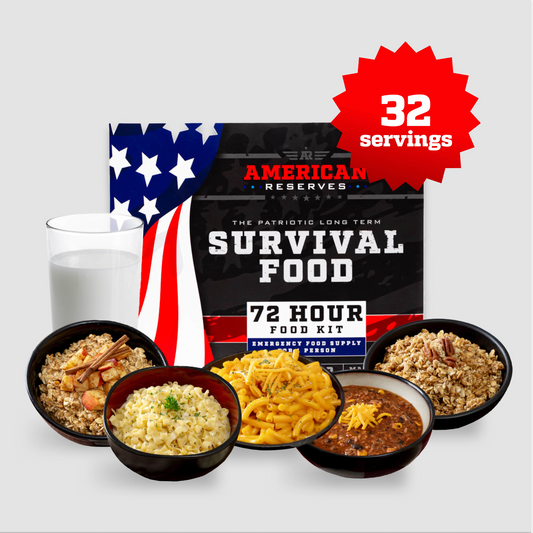
72 Hour Emergency Food and Drink Supply - 32 Servings
$36.99
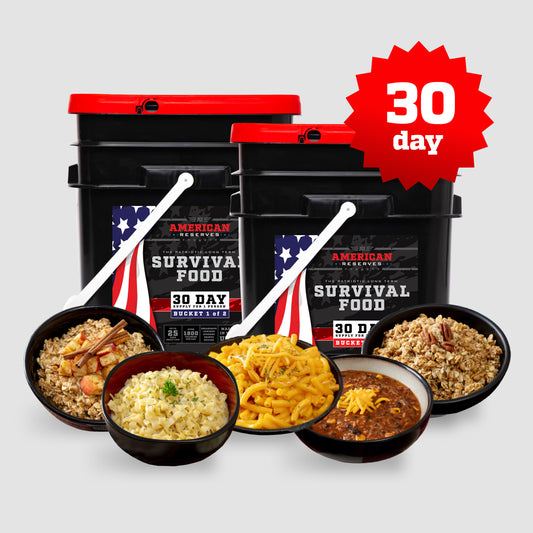
30 Day Emergency Food Supply
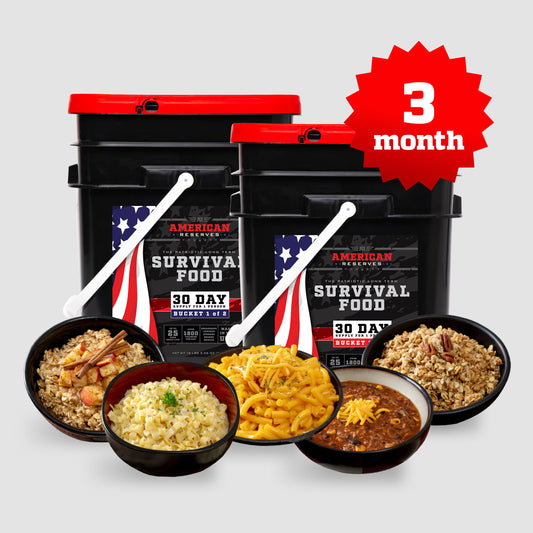
3 Month Emergency Food Supply
$835.00
How Long Do Emergency Food Kits Last Compared To Frozen Food?
Emergency food kits are designed for long-term storage and typically have a shelf life ranging from five to twenty-five years, depending on the packaging and preservation methods used. These kits contain freeze-dried or dehydrated meals that are sealed in airtight, moisture-resistant packaging to ensure longevity without the need for refrigeration. In contrast, frozen foods generally have a much shorter shelf life, lasting anywhere from a few months to a year when stored in a freezer, depending on the type of food and packaging. The extended shelf life of emergency food kits makes them an excellent option for preparedness and situations where refrigeration is not available, offering a stark contrast to the more perishable nature of traditional frozen foods.
What Types Of Meals or Foods Are Typically Included In Emergency Food Kits?
Emergency food kits typically include a variety of meals and foods that are designed to provide balanced nutrition and long shelf life. These kits often contain freeze-dried or dehydrated meals such as meat, pasta dishes, stews, and rice-based entrees, which can be easily rehydrated with water. Additionally, they may include protein sources like freeze-dried meats or beans, as well as breakfast options such as eggs, oatmeal or granola. To ensure a well-rounded diet, emergency kits often feature fruits and vegetables in dehydrated form, along with snacks like energy bars or trail mix. These meals are carefully selected to offer essential nutrients and calories, ensuring sustenance during emergencies or situations where fresh food is not accessible.
Conclusion
In conclusion, understanding how long frozen food can safely remain in your car is essential for ensuring food safety and minimizing waste. By utilizing effective storage solutions such as insulated bags, hard-sided coolers, and thermal blankets, you can extend the safe period for your frozen items, even during extended trips or unexpected delays. Additionally, recognizing the differences in how various frozen foods respond to temperature changes allows you to prioritize their storage effectively. For those seeking long-term solutions, emergency food kits offer a reliable alternative with their extended shelf life and ease of preparation. By implementing these strategies, you can confidently manage your grocery trips and travel plans, ensuring that your frozen foods remain fresh and safe for consumption.
Final Thoughts
Embrace the superior survival knowledge and premium ingredients sourced from the USA with American Reserves. Their emergency food supply kits offer vital nutrition when it's needed most, making them an indispensable part of any emergency readiness plan. Depend on the trusted quality of American Reserves to empower you to meet any challenge head-on!
Sources
